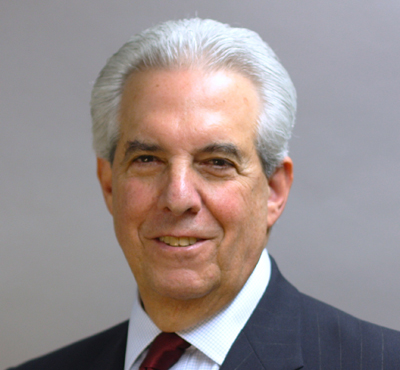Why our judges and courts are important

William K. Weisenberg
Did you over wonder why the Founding Fathers, in writing the preamble to our Constitution, chose to use the words “establish justice” right up front in speaking to the formation of our “more perfect Union?” Well, I guess it was to stress how important the rule of law would be to our new country and that justice would be the enduring foundation of our democracy.
Our judges and courts, each day, strive to ensure the fair, impartial and independent administration of justice so that each citizen is treated with respect, dignity and fairness, and receives a “fair shake” in the application of our laws.
Judges and courts have a significant impact on our daily lives and we entrust them to make some of the more important decisions that affect us. Think about this for a moment. Only a judge can grant a divorce, confirm an adoption, order the termination of parental rights, sentence a person to death, impose a sentence of imprisonment or cause a change in property rights.
Judges and courts exist to protect our liberties and our most fundamental and sacred rights as set forth in the Bill of Rights, as well as to protect us from unlawful and unwarranted intrusion into our lives from the government.
Without our courts, there is no justice, there is no freedom. As John Adams declared over 200 years ago, if we are to have a “government of laws and not men,” we need our courts and judges to forever ensure that our legal rights are protected. And, we know from history, that no person is above the law, not even the president of the United States.
Today, more than ever, our courts serve as a safe haven for the peaceful resolution of disputes. Conflict and dispute are part of life and whether it is a contract that is alleged to have been breached, a marital relationship that is broken, a dispute over the provisions in a will, a dispute between a landlord and tenant, an alleged case of medical or legal malpractice, or any other dispute that arises, it is our courts that are called upon to hear the dispute, listen to the parties involved and try to reach a fair and equitable result based upon the facts presented and the law as applied.
Some refer to our courts as problem-solvers. It is said that our courts, our judges, are responsible for administering justice without fear or favor; to be fair, just and impartial and to apply the old adage that just because we disagree doesn’t mean we have to be disagreeable.
When those who come to the safe haven of the courthouse arrive to participate in the glory and majesty of our cherished justice system, they should leave knowing that our courts, our judges, were there for them, administering justice fairly and impartially and insuring civil discourse in order that respect for our justice system be preserved and perpetuated.
Yes, our courts and judges are important, important to the cause of justice for all.
William K. Weisenberg is senior policy adviser to the Ohio State Bar Association and formerly assistant executive director for public affairs, government relations and diversity initiatives. He currently serves on the ABA Standing Committee on Government Affairs and is a past chair of the ABA Standing Committee on Judicial Independence. He is a member of the ABA House of Delegates.




